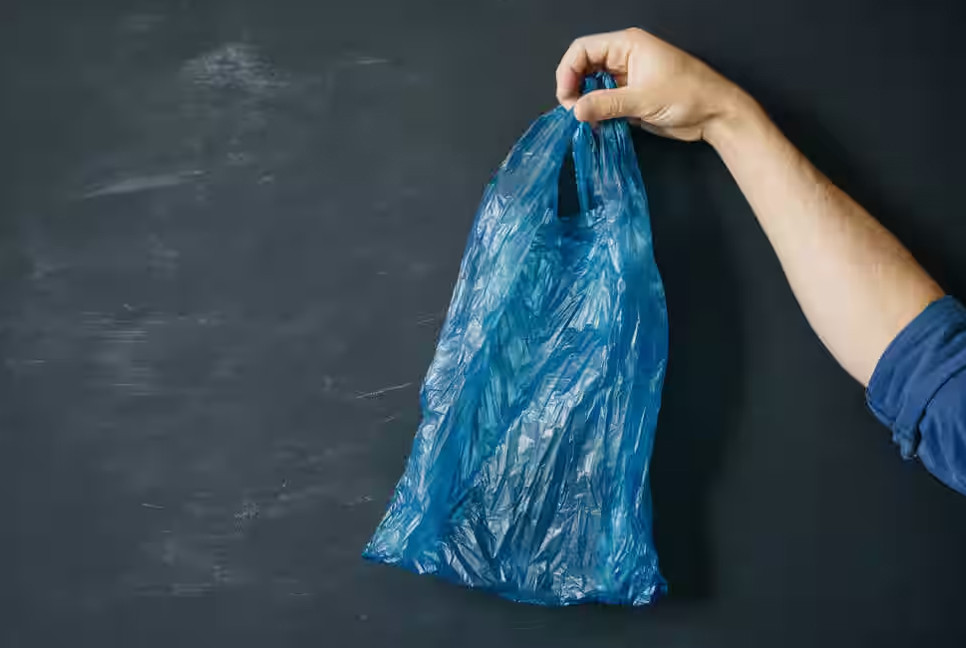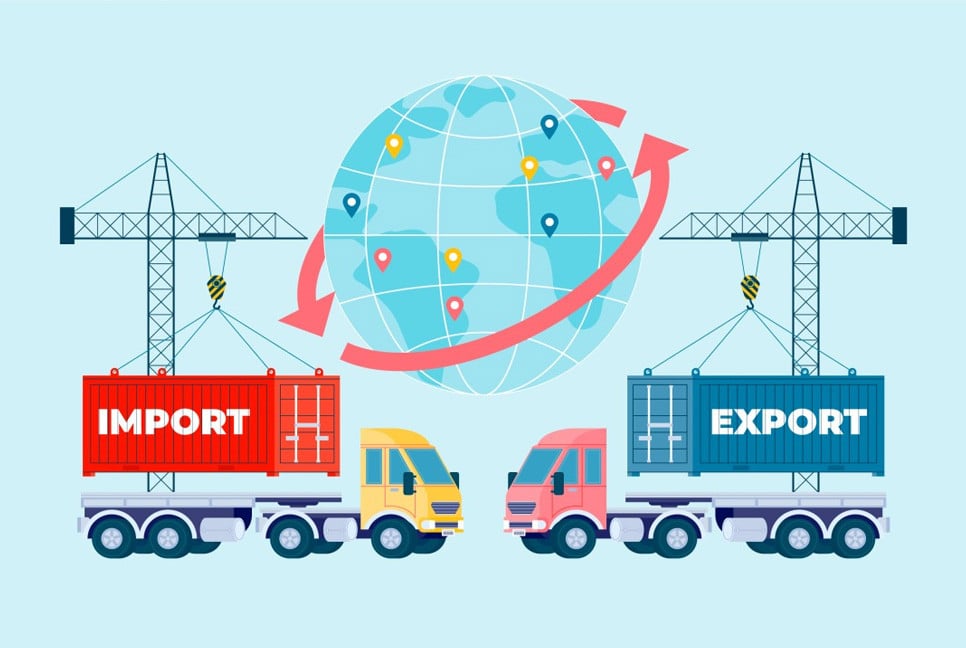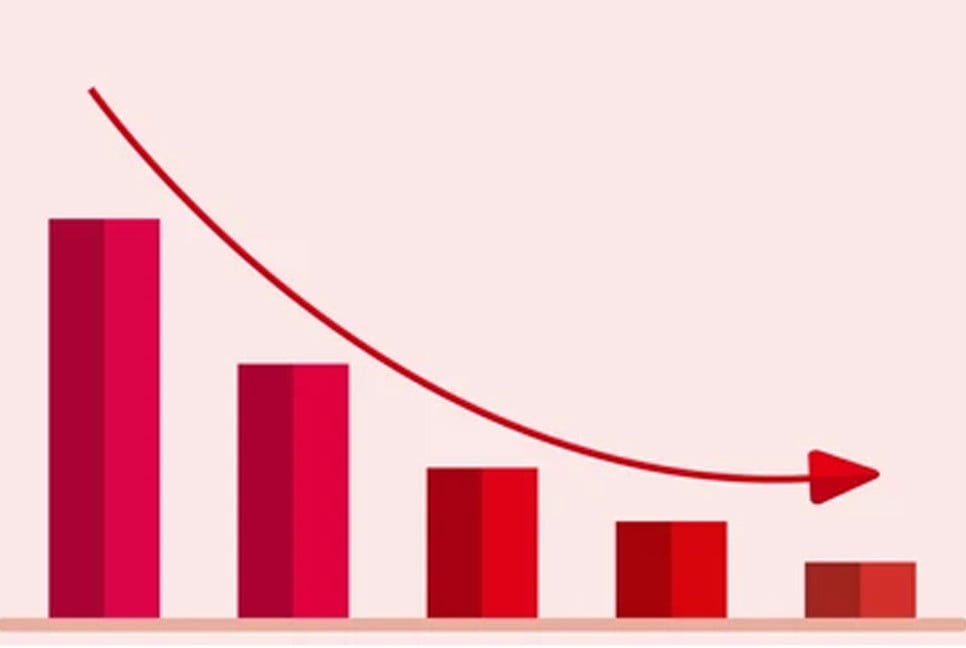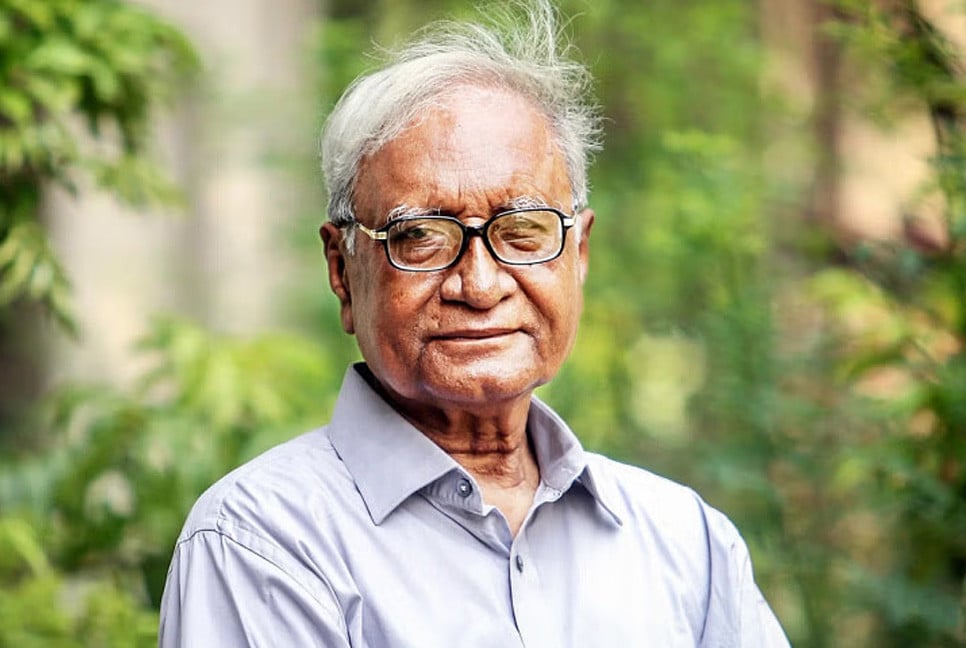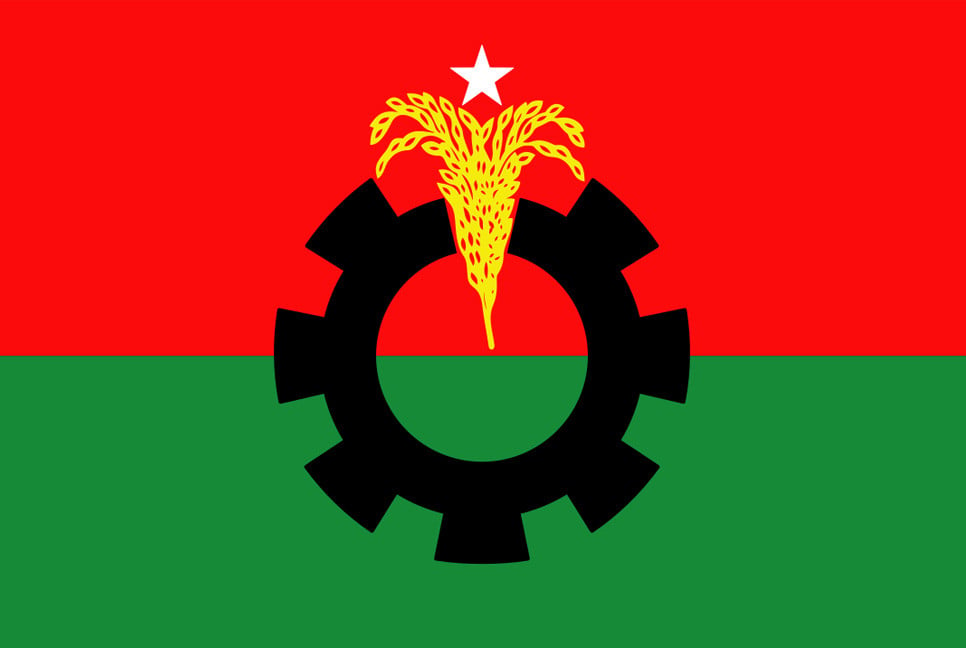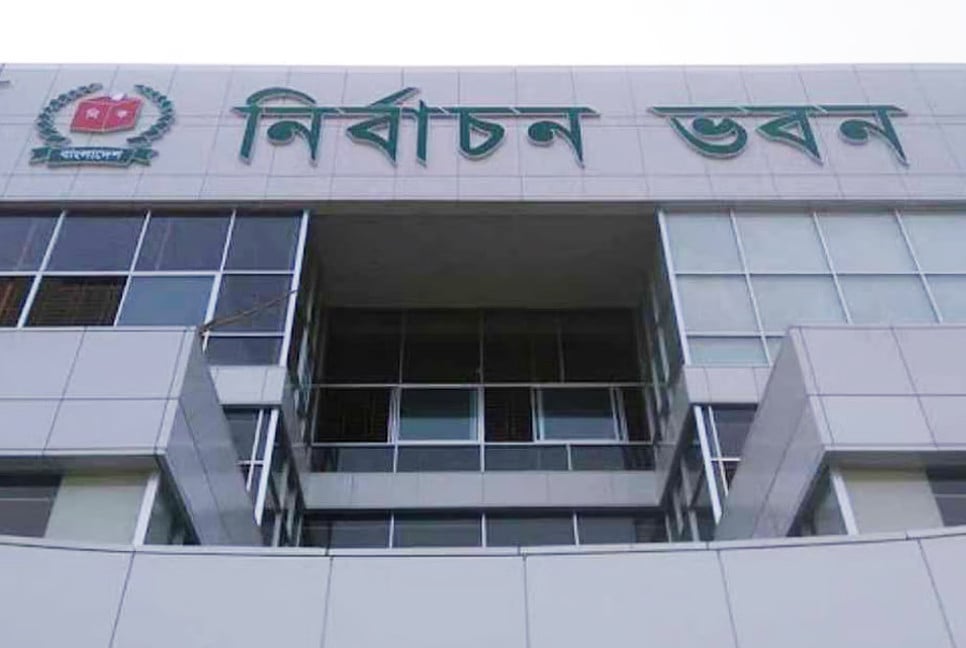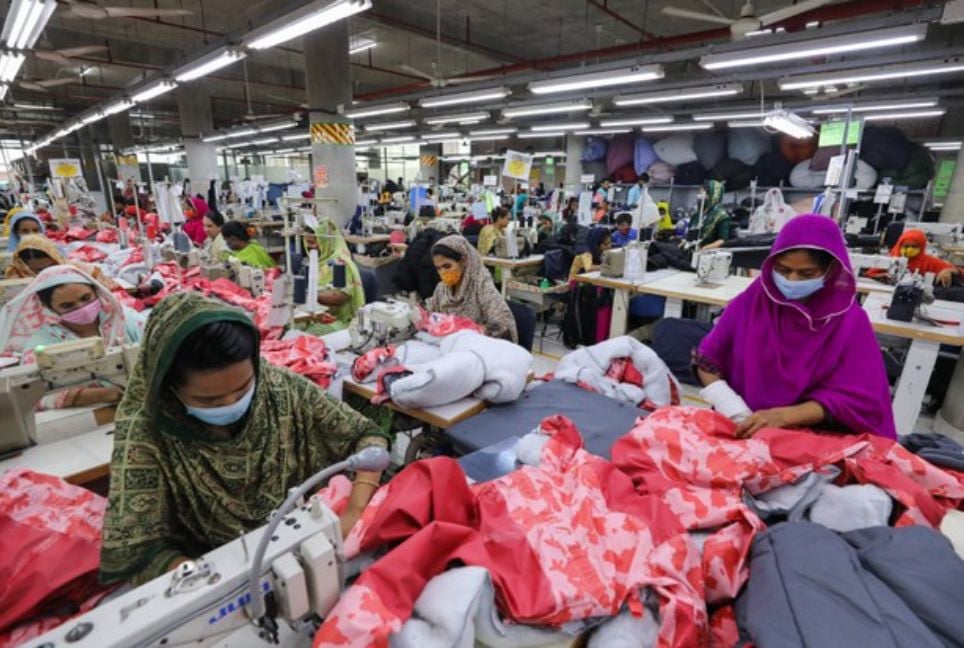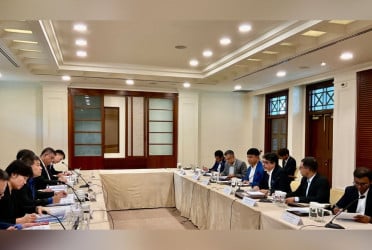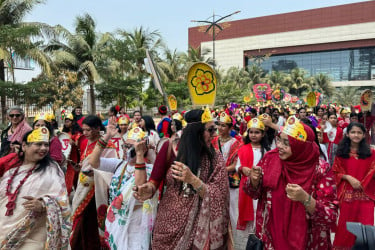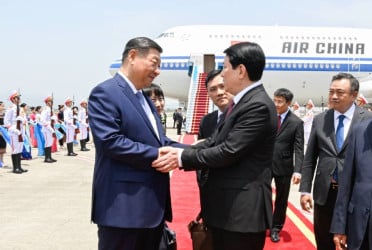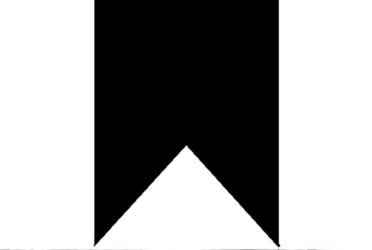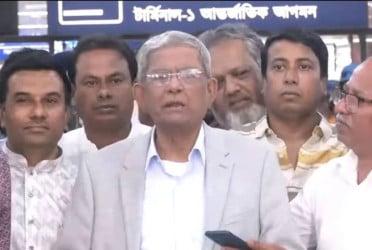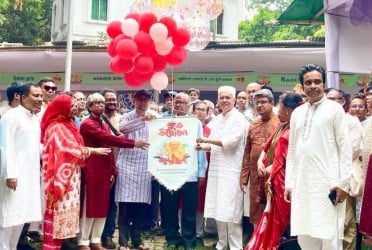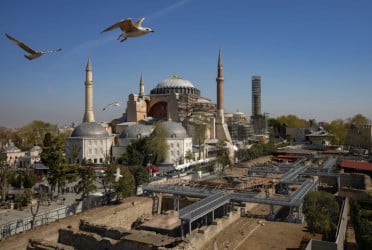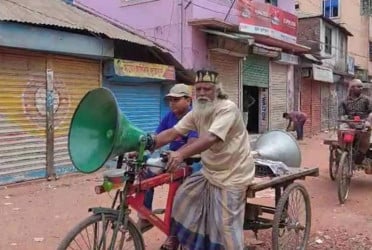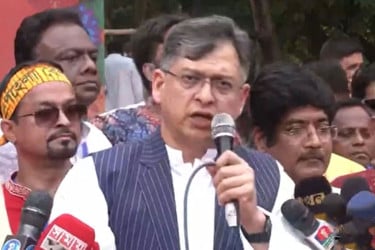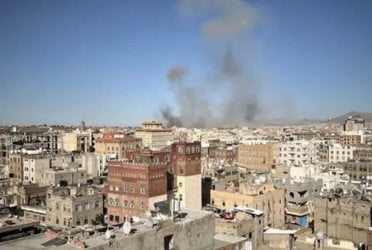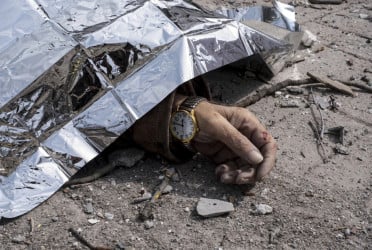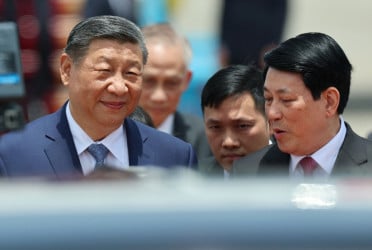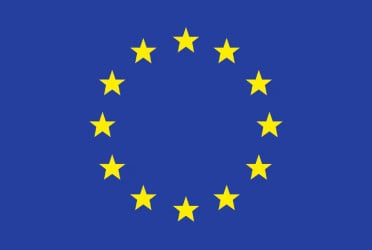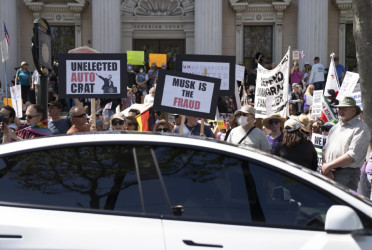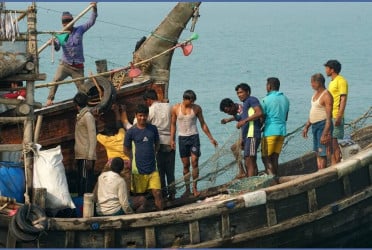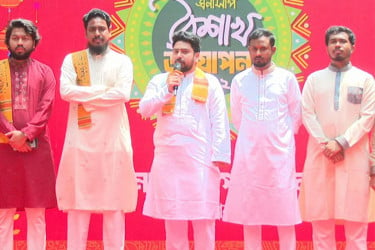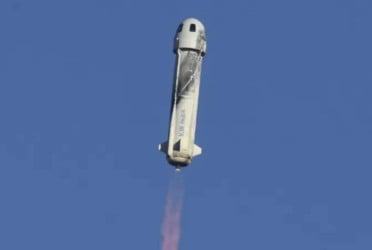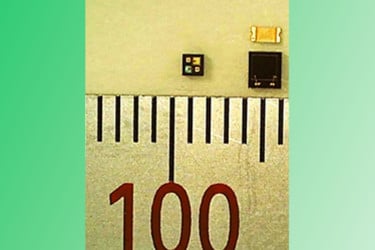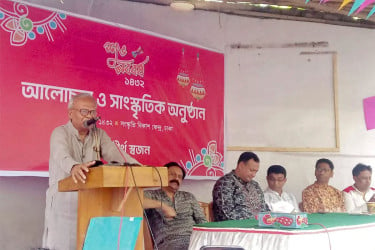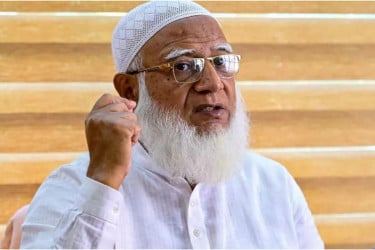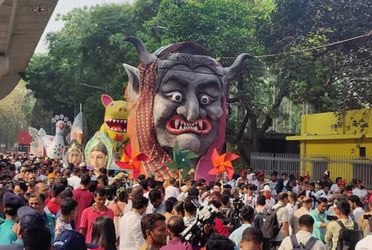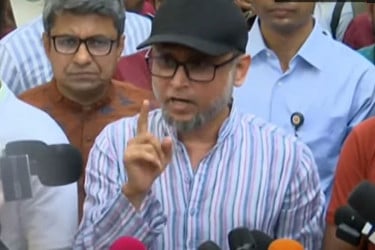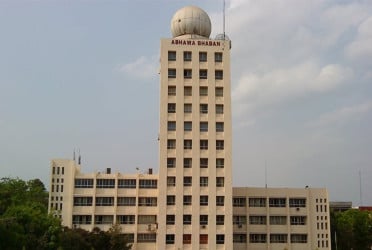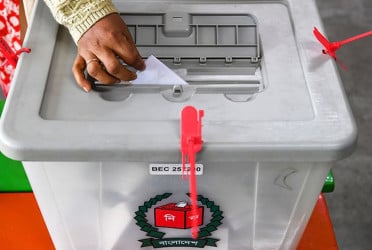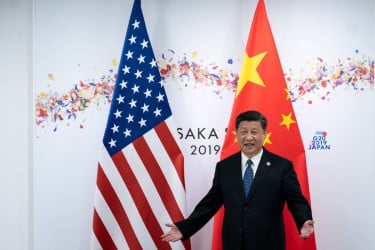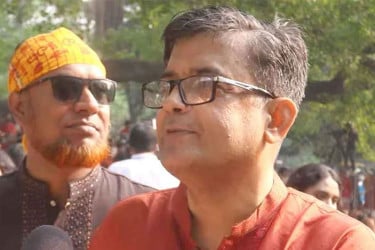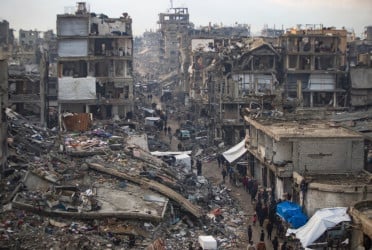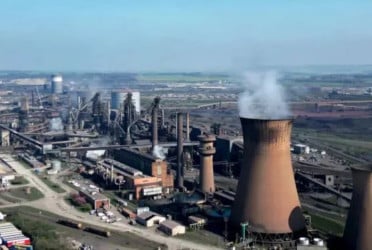In the bustling lanes of Devidas Ghat, hundreds of factories continue to churn out polythene products, from shopping bags to plastic granules, despite a looming government ban. The area resembles a sprawling “polythene mine,” with factories operating unabated, even as the government prepares to enforce a ban on polythene bags starting November 1.
In recent days, similar scenes have emerged across Chawkbazar, Lalbagh, Islambagh, Kamalbagh, Chankharpul, and Swarighat of the Old Dhaka, where illegal polythene production persists. The government's crackdown, aimed at protecting the environment and biodiversity, is set to begin in just 14 days. However, no tangible steps have been taken to halt production in the factories, and machinery remains idle.
Despite many shops and malls in Chowkbazar closing on Fridays, polythene factories operated normally, with wholesale outlets still selling banned items. The area has become known as “Polythene Potty,” housing numerous shops dedicated to polythene products, underscoring the ongoing challenge of enforcing environmental regulations in the face of widespread noncompliance.
At the entrance of that area, disguise as a buyer, the shopkeeper was asked - what business will you do if polythene bags are closed next month? In response, the shopkeeper said, polythene will never stop in this country. If it had been closed, hundreds of shopkeepers of this market would have started new business within days. No factory stopped production.
After talking to him, going to Devidas Ghat lane in the near distance, it is seen that banned polythene is being made by the main road, branch road, roofs of houses and machines installed in flats. While the doors of plastic granule factories were open, the doors of many factories were closed. When trying to push the doors of some factories in the identity of journalists, we have to face obstacles. Later, there was an opportunity to enter disguise as the buyers of old polythene making machines to set up factories in the villages.
The door was closed and the polythene bag was being prepared inside. When asked whether someone would sell the old machine or not, most of them said that no owner has decided to sell the machine so far. Thousands of pounds of polythene bags are being ordered every day.
The same picture can be seen in Kamal Bagh. An employee of a factory there said that for three types of polythene bags, he can provide old country machine for 15 lakh taka and Chinese machine for 30 lakh taka. There is no accurate statistics of how many polythene factories there are in the country.
However, Dhaka Metropolitan Plastic Factory Employees and Workers Union President Haji Md. Zakir Hossain Mridha said that there are more than 3 thousand factories in Dhaka and its surrounding areas. But many of them just produce plastic pellets.
He said that production was not stopped despite the announcement of operation against polythene factories from November 1. Adding, they were banned by law 22 years ago. No one could stop it in so many years, how will this government do it in one and a half to two years?
Md. Zakir said that some classes benefited by banning. Earlier, the factory could be run only by paying workers' salaries and electricity bills. After the ban, we had to pay regularly to various law enforcement agencies had, political leaders, various NGOs. This increases the cost and as a result we have to collect plastic from the dustbin and making polythene bags.
Welcoming the decision to ban polythene, he said, “If it happens, we are also with the government.” But the government has gazetted and listed all types of plastic to be banned. It is not possible. The livelihood of more than 30-40 lakh people is directly and indirectly involved in this sector.
However, removing the confusion created by banning all types of plastics, Syeda Rizwana Hasan, Adviser for Environment, Forest and Climate Change told Bangladesh Pratidin, “In the beginning, we are not talking about banning all types of plastics. Such a big industry cannot be stopped at once. It should be implemented gradually. Initially we want to stop polythene shopping bags. A campaign against it will begin. Instead of plastic bags, we want to increase the use of jute bags. It has also been discussed with the manufacturers of shopping bags. They asked for a month, which was given to them.”
“Plastic is a serious threat to the environment and public health. Microplastics are found in the body of the pregnant mother. We need to get out of plastic use to protect soil, water, overall environment and biodiversity. Apart from this, products cannot be exported by plastic packaging. So we have to go to alternatives beforehand.”
Regarding the sale of various food products including chips, biscuits and cosmetics in plastic wrappers, she said, companies should change the packaging design. Use of plastic in packets should be reduced. At the same time, importance should be given to recycling. We will go there gradually.
The use, production, marketing and transportation of polythene bags was banned in 2002 based on the Environment Protection Act-1995 in Bangladesh. Section 15 of the Act states that, if a person manufactures prohibited polythene material, he can be punished with imprisonment of 10 years or a fine of Tk 10 lakh, or both will be imposed. If polythene is marketed then six months imprisonment and a fine of Tk 10,000 will be imposed. But in practice the precedent of maximum use of the law has not been seen so far. On the contrary, indiscriminate use of polythene bags, which is prohibited by law, has increased.
(Translated by Tanvir Raihan)

